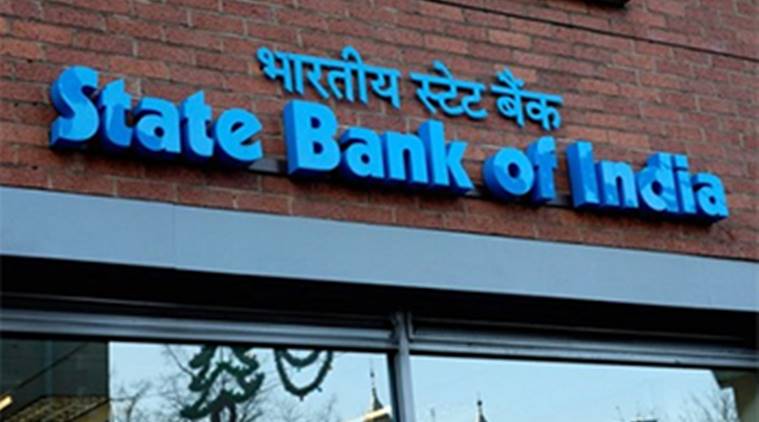SBI plans to raise Rs 25,000 crore through mix of debt & equity
The country’s largest lender had raised Rs 15,000 crore in early June 2017 by selling 52.2 crore shares through a qualified institutional placement (QIP), the largest share sale in the secondary market by a bank.
 The lender had issued those shares at a price of Rs 287.25 per share, it said in a stock exchange filing.
The lender had issued those shares at a price of Rs 287.25 per share, it said in a stock exchange filing.
State Bank of India (SBI) on Monday said it was arming itself with an enabling resolution to raise Rs 25,000 crore in the current financial year through a combination of debt and equity.
The country’s largest lender had raised Rs 15,000 crore in early June 2017 by selling 52.2 crore shares through a qualified institutional placement (QIP), the largest share sale in the secondary market by a bank. The lender had issued those shares at a price of Rs 287.25 per share, it said in a stock exchange filing.
As of June 2018, the government holds a 57.5 per cent stake in SBI. It is unlikely that the government will dilute its stake below 51 per cent.
The book value per share at the end of June 2018 was Rs 254.14, pegging the current price to book value ratio at 1.02 times. The SBI stock has gained 7.2 per cent over the past one year outperforming the Sensex, which has gained 5.4 per cent.
Although SBI had reported a big loss in the three months to June due to higher provisions, analysts observed after the Q1FY19 results that since several large non-performing loans are seeing a change of ownership, it would not be surprising if there is an acceleration in this decline of NPLs from here.
Since June, the shares have lost 3.4 per cent compared with a similar loss in value for the benchmark. On Monday, the shares closed almost flat at Rs 259.95 on the BSE. The country’s biggest lender said in an exchange filing that it would allot shares via a FPO or a QIP or preferential allotment or rights issue. —FE








- 01
- 02
- 03
- 04
- 05























